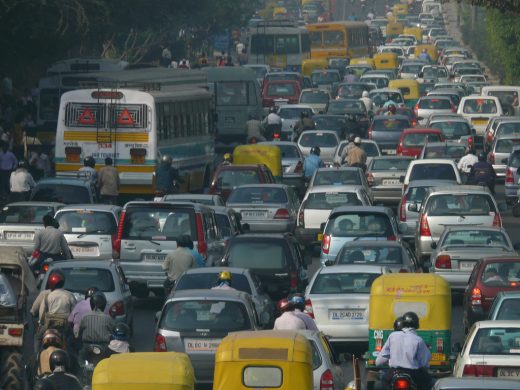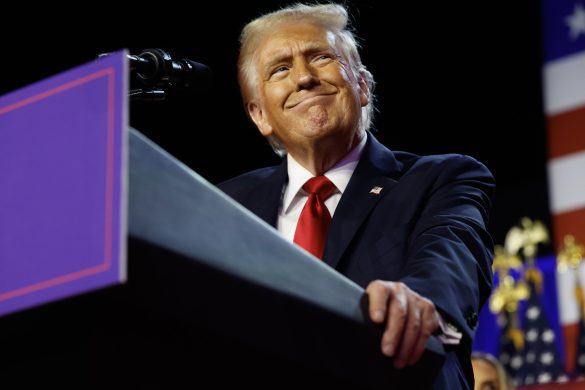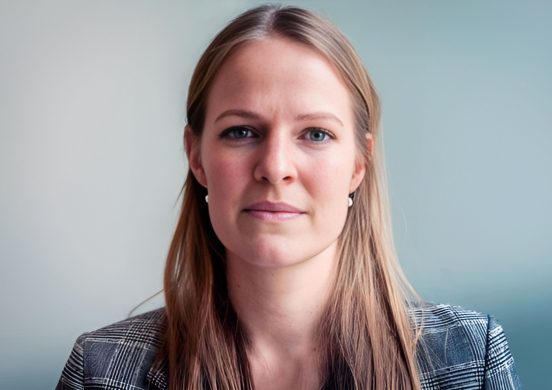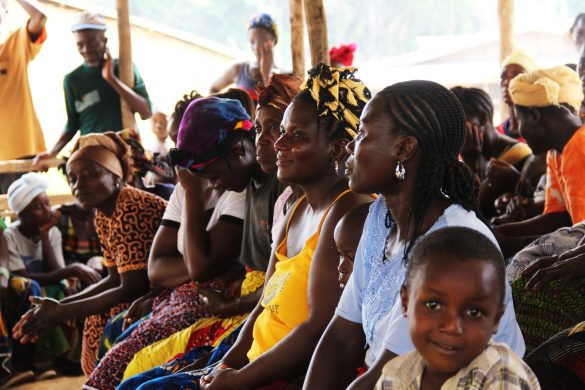Det skriver Asian Development Bank i sit seneste nyhedsbrev.
The Indian capital of Delhi has long suffered some of the most intractable air pollution in Asia. Ever-growing car and motorcycle use has been the principal culprit.
A 2014 survey by the World Health Organization ranked the city’s air quality as the world’s worst.
Air pollution is estimated to kill over 600,000 persons each year in India. The economic impacts from congestion and lost productivity are likewise staggering.
Help may be on the way.
Officials experimented last month with an odd-even license plate scheme that intended to remove half of the motorized vehicle fleet from the roads each day.
Odd and even plate numbers alternated the days on which cars could be used.
List of exemptions
The program did include a long list of exemptions that could have nullified any vehicle reductions:
women were exempted so they could avoid possible violence and harassment on public transport, Likewise, additional exemptions were granted to senior government officials, motorcycles, disabled drivers, emergency services, and vehicles using natural gas.
Despite these exemptions the Delhi experiment did appear to reduce congestion at certain times.
Unfortunately however, due to lingering exhaust fumes and pollution from other sources, the air quality did not markedly improve during the test period, which concluded on 15 January. With the conclusion of the 15-day trial scheme, officials will now assess whether or not to take the program forward.
Other experiences
Historically, license plate restrictions have been employed in various cities of Latin America with varying results in Mexico City, Bogota, Quito, Santiago, and Sao Paulo, as well as in Paris, Manila, and Beijing.
The simpler even-odd numbering schemes have tended to merely encourage households to purchase second cars with a different number plate to bypass the restrictions, and most of those second cars tend to be older, used vehicles that ultimately make air quality even worse.
In Bogota, though, a smarter structure has been employed, with four plate numbers restricted on a daily basis.
These numbers are then rotated on an annual basis to discourage second car purchases. Other effective measures include ensuring households are given the same ending number on plates for any additional vehicle purchases. Strict vehicle emissions testing and fuel standards likewise help.
Læs videre på hjemmesiden for Asian Development Bank i nedenstående link.















